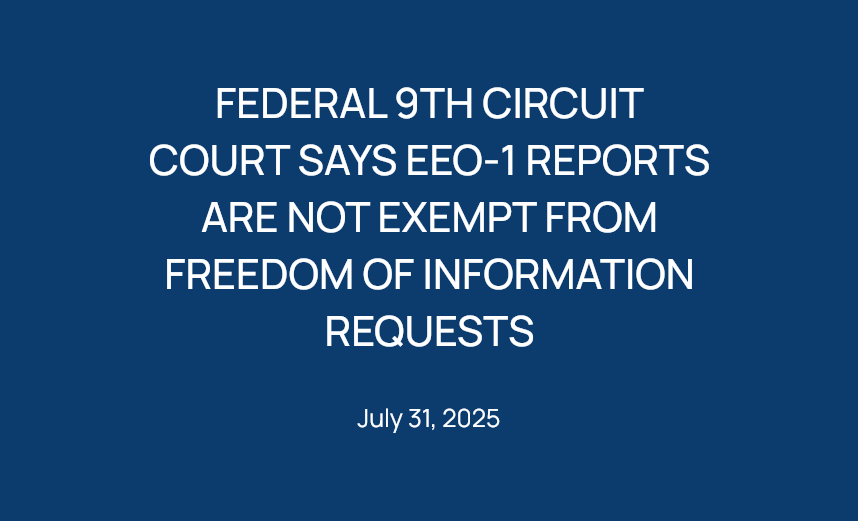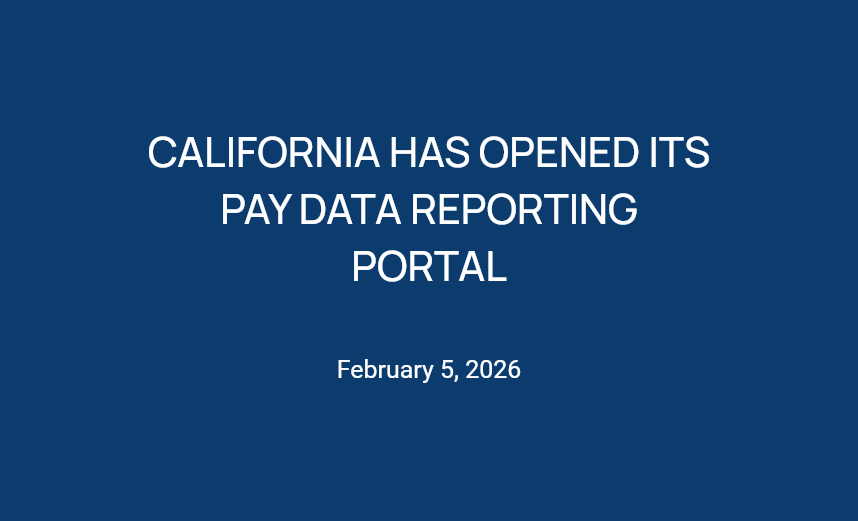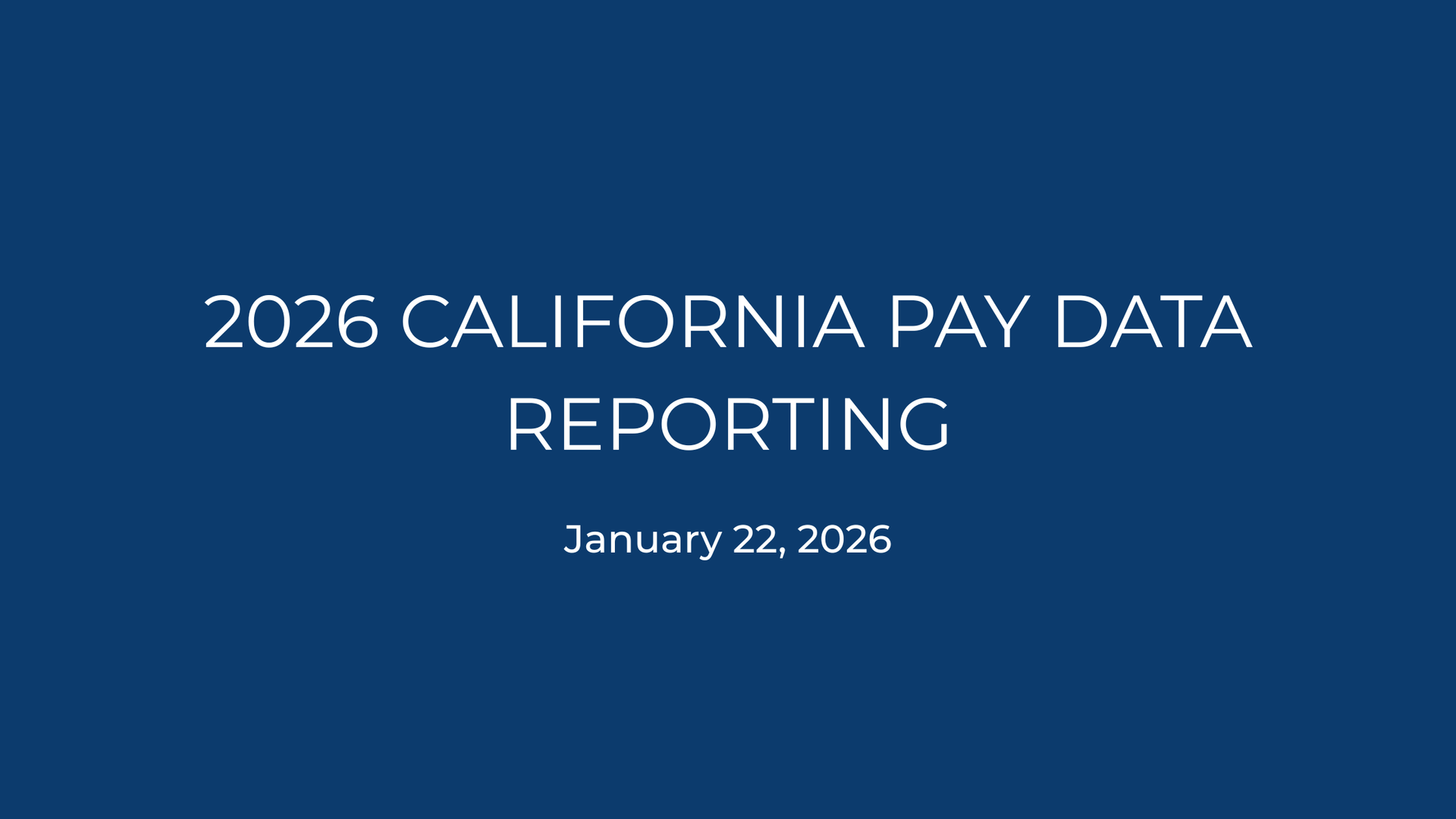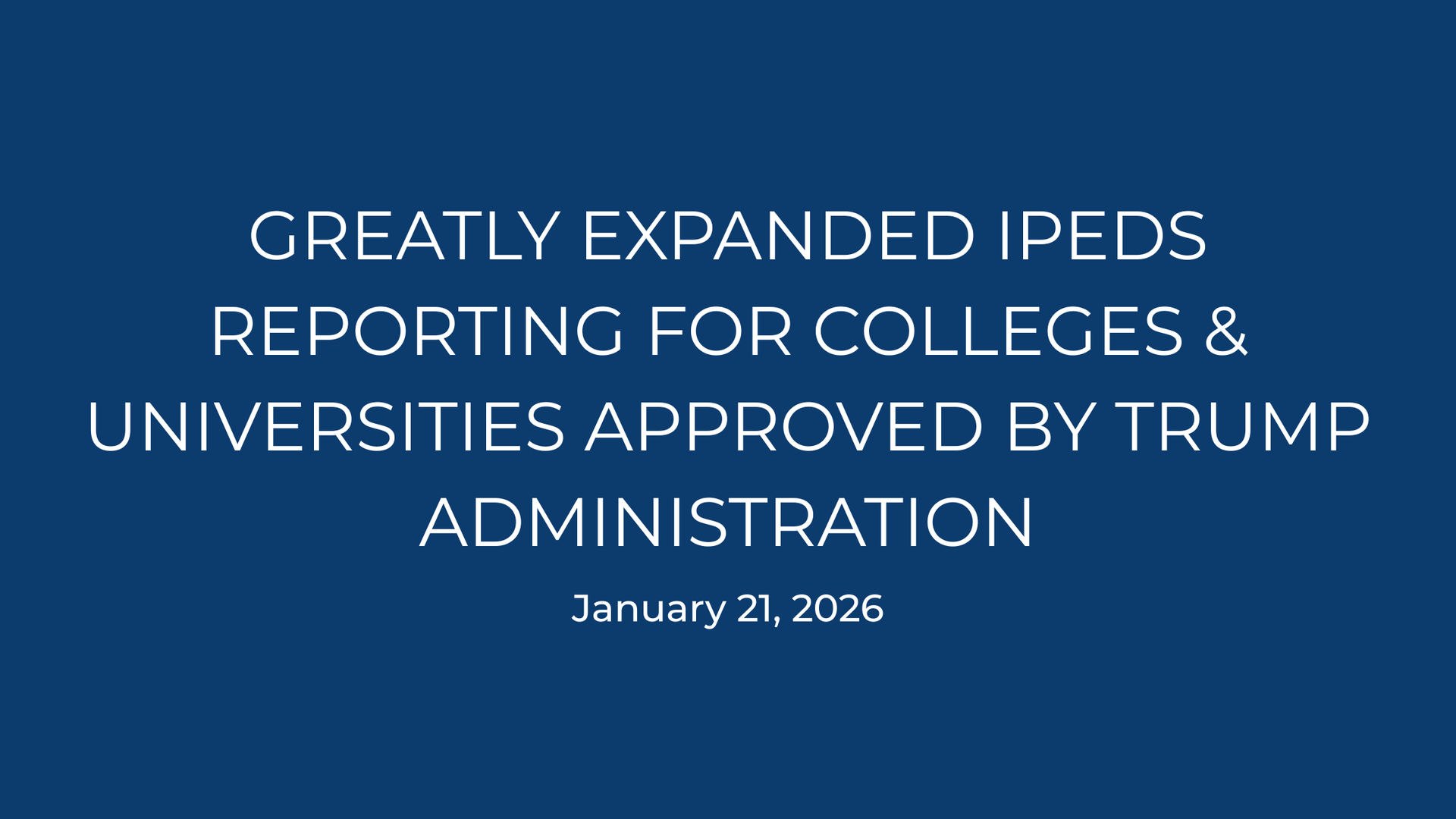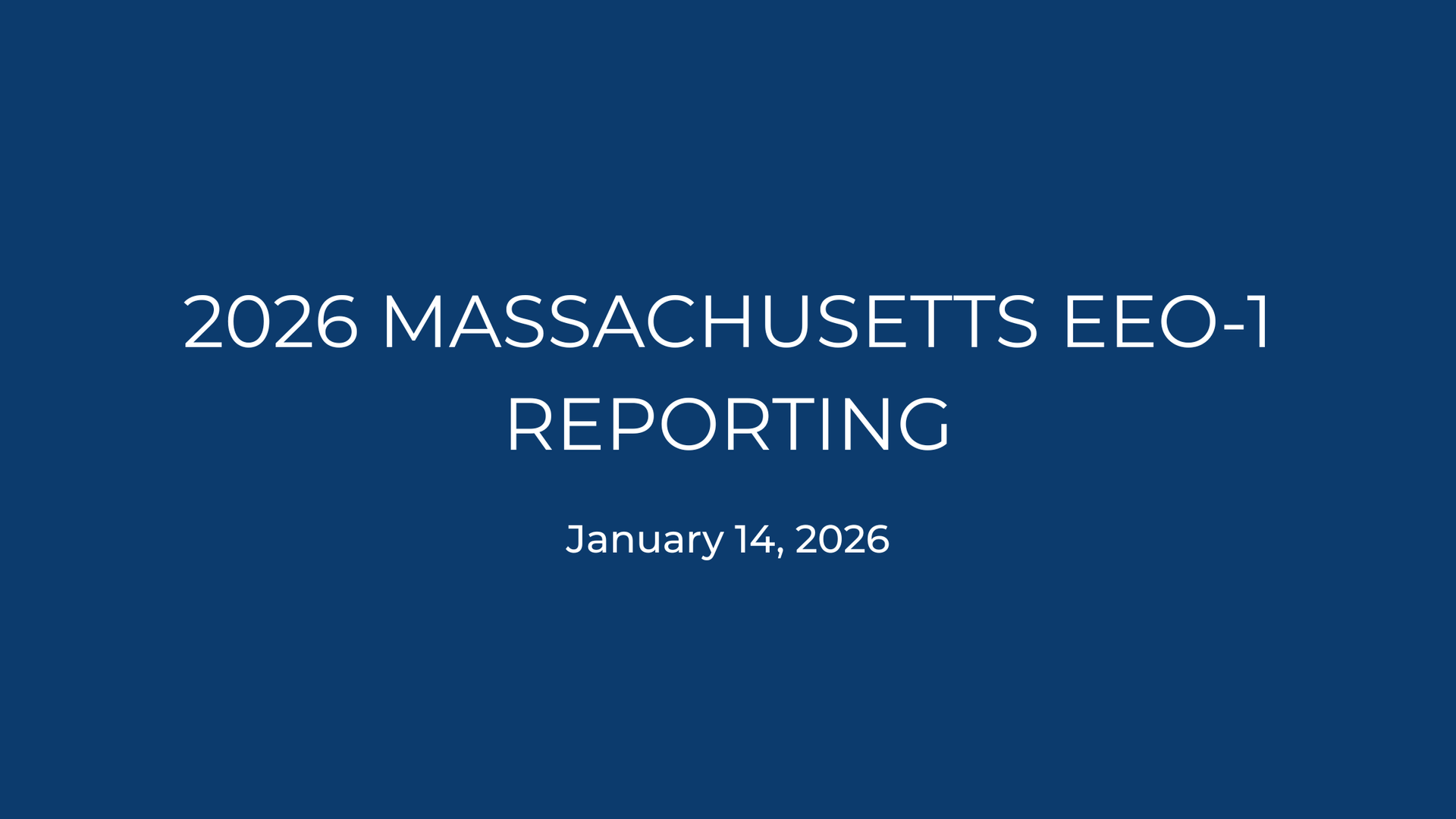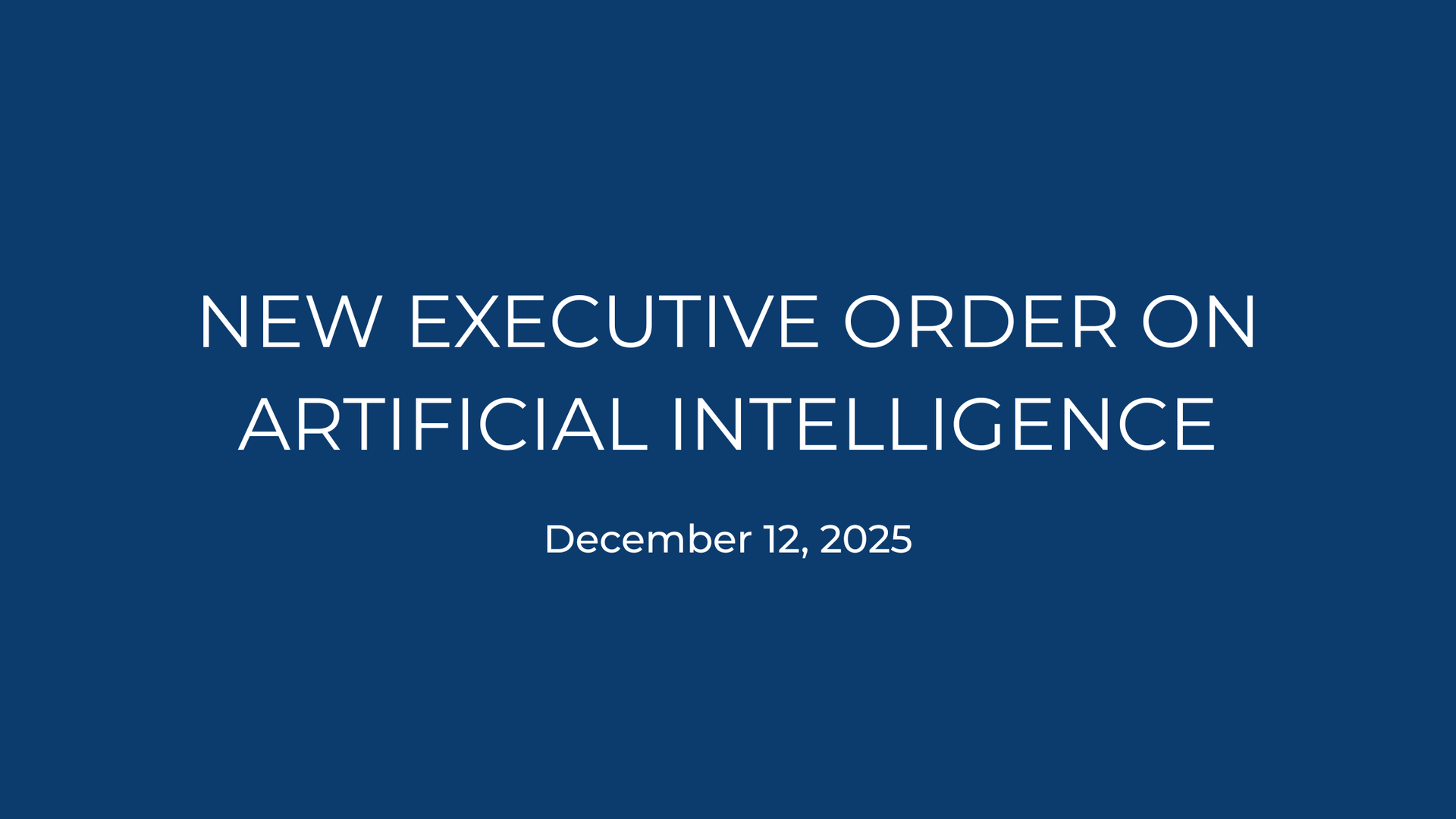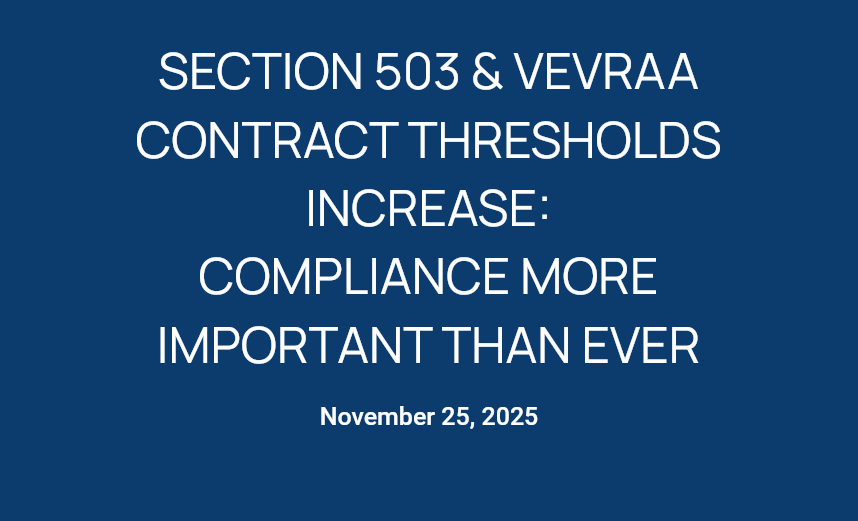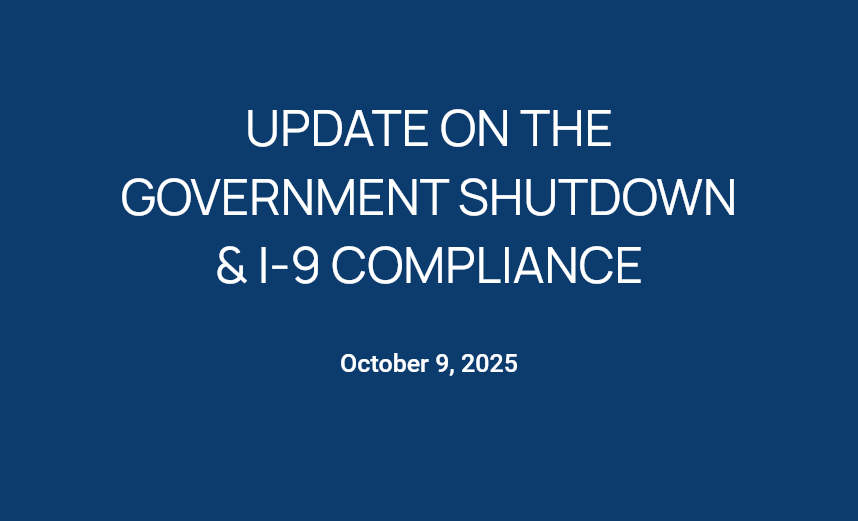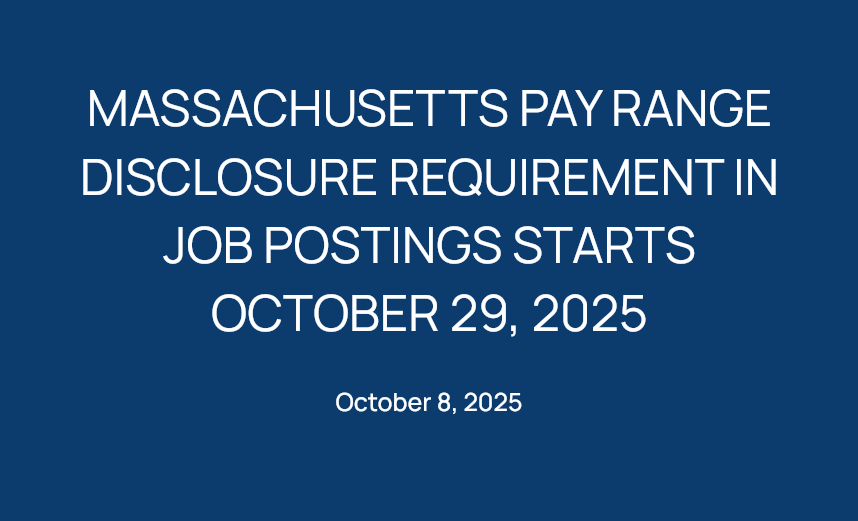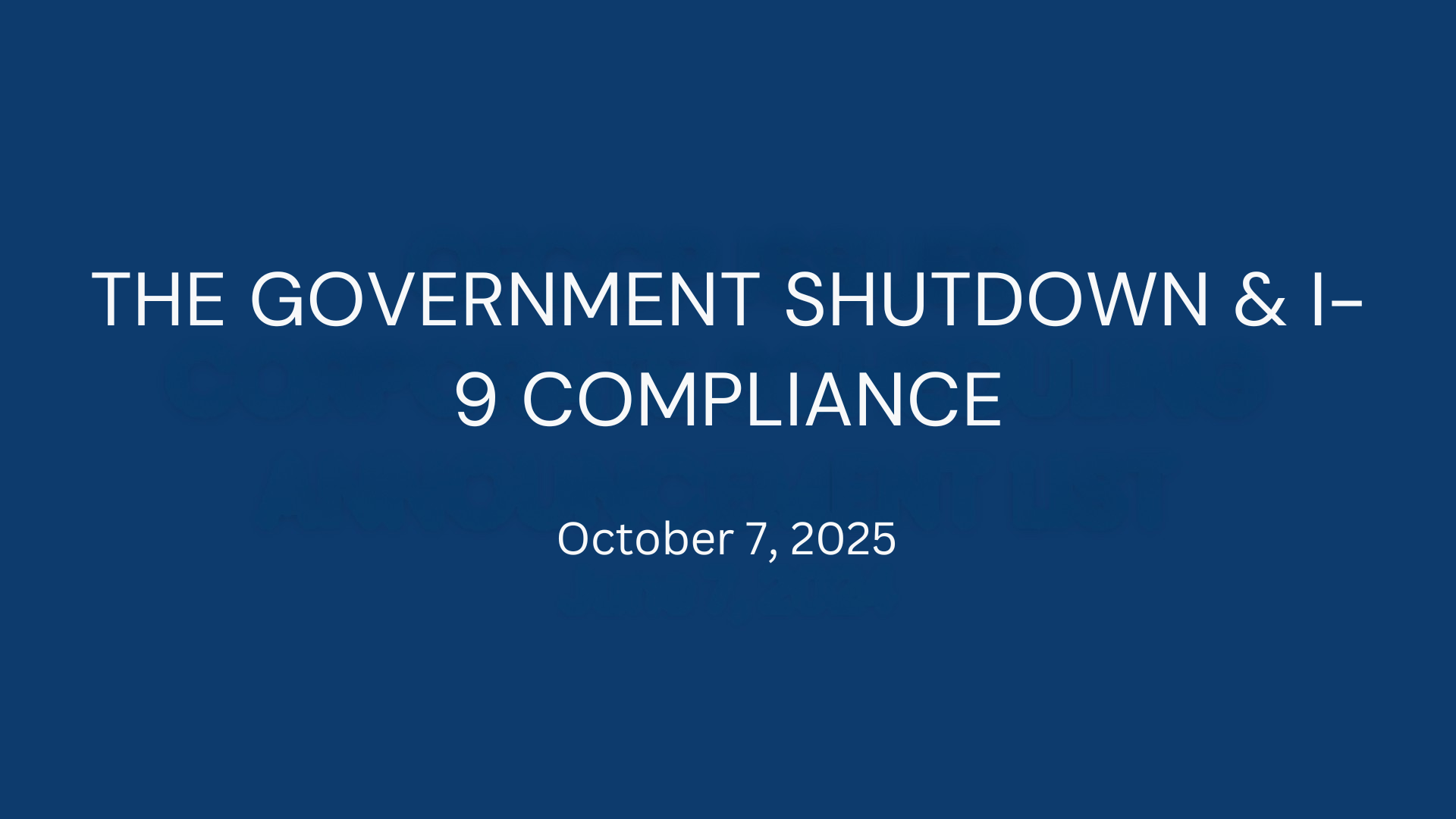Expanded IPEDS Reporting May
Create Significant Risk for
Colleges & Universities
First, the good news – if you are not employed at a college or university, you need not read further. For those in higher education, please read on.
The National Center for Education Statistics (NCES) has proposed major changes to Integrated Postsecondary Education Data System (IPEDS) annual reporting. The proposal seeks to significantly expand reporting obligations to include more detailed, disaggregated data on applicants for admission, admitted students, and enrollees through a new reporting tool, the Admissions and Consumer Transparency Supplement (ACTS).
NCES and the U.S. Department of Education (DOE) will use the expanded data to scrutinize whether colleges and universities are unlawfully favoring certain races and genders in admission decisions.
Highlights of the Proposal:
- Objective: To identify unlawful practices that run afoul of Title VI of the Civil Rights Act and recent Supreme Court case law
- Reporting Institutions: All four-year institutions that use selective student admissions
- Scope of reports: Undergraduate, and graduate, student data for 2025/2026 academic year as well as five prior academic years
- Data Components: Race, sex, admission status, admission type (i.e., early action, early decision, regular), standardized test scores, GPA, family income, Pell Grant eligibility, parental education, institutional aid, merit-based aid, other types of aid, graduation rates, and field of study
This proposal stems from President Trump’s and DOE Secretary McMahon’s recent calls for increased transparency by colleges and universities regarding student admission decisions to determine compliance with the Supreme Court’s ruling in Students for Fair Admissions v. President and Fellow of Harvard College in which the Court held that race-conscious admission practices violate the Constitution.
If finalized, institutions will face greatly expanded data collection, retention, and reporting obligations, and substantially greater compliance risks.
What Should Colleges & Universities Do Now?
- Carefully review the proposed requirements
- Confirm access to current and historical data
- Assemble a taskforce of stakeholders such as institutional research, admissions, financial aid, and legal
- Consider conducting proactive, privileged statistical analyses on the data to assess risk and prepare for possible investigations
The proposal seeks comments, with the cutoff date for submission being October 14, 2025.
If you have any questions or want to discuss, simply reply to this email or contact the Silberman Law legal professional with whom you work.


